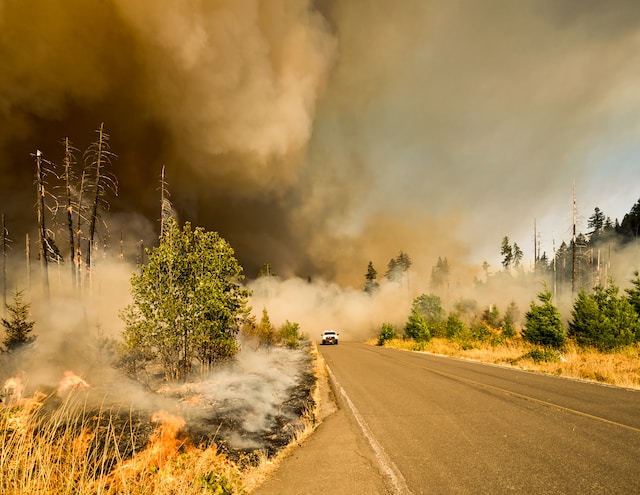In a recent turn of events, Hawaiian Electric has found itself at the center of controversy as Maui County filed a lawsuit against the energy company in connection with wildfires. The lawsuit, deemed by some as ‘irresponsible,’ has raised questions about responsible energy practices and the balance between progress and environmental protection.
Understanding the Lawsuit
Maui County’s lawsuit alleges that Hawaiian Electric’s equipment and infrastructure were responsible for a series of wildfires that plagued the region in recent years. The county claims that inadequate maintenance and negligence on the part of the energy company led to these devastating fires. This legal battle has drawn attention not only for its potentially hefty financial implications but also for the discussions it has sparked about the energy industry’s role in wildfires and the preservation of natural landscapes.
Hawaiian Electric’s Response
Hawaiian Electric swiftly responded to the lawsuit, expressing disappointment in the county’s decision to take legal action. The energy company defended its commitment to responsible management and maintenance of its equipment. Hawaiian Electric emphasized that it has consistently adhered to stringent safety protocols and has invested in cutting-edge technology to prevent and quickly respond to incidents that might lead to wildfires.
The company also stressed its dedication to clean and renewable energy sources, which align with the broader goals of reducing the environmental impact of energy production. Hawaiian Electric’s response highlights its role as a key player in the region’s efforts to transition to a more sustainable energy future.
Implications for Responsible Energy Practices
The lawsuit and subsequent responses underscore the complex interplay between progress, environmental preservation, and accountability. While the pursuit of clean energy solutions is crucial for mitigating the effects of climate change, this case highlights the importance of ensuring that advancements are made responsibly and in harmony with the natural environment.
As the energy industry continues to evolve, stakeholders must work together to develop and implement best practices that minimize the risk of environmental incidents. This includes robust maintenance routines, advanced monitoring technology, and ongoing collaboration with local communities to address concerns and implement safeguards.
Conclusion
The Hawaiian Electric-Maui County lawsuit serves as a poignant reminder that the path to a sustainable energy future must be navigated carefully. Balancing progress with environmental stewardship requires the dedication of all parties involved, from energy companies to local governments and communities. This legal dispute should serve as a catalyst for meaningful discussions and collaborative efforts to establish and maintain responsible energy practices that benefit everyone.
In the end, this lawsuit is not just about assigning blame but about learning from the past to create a better and more responsible energy future for Maui County and beyond.












